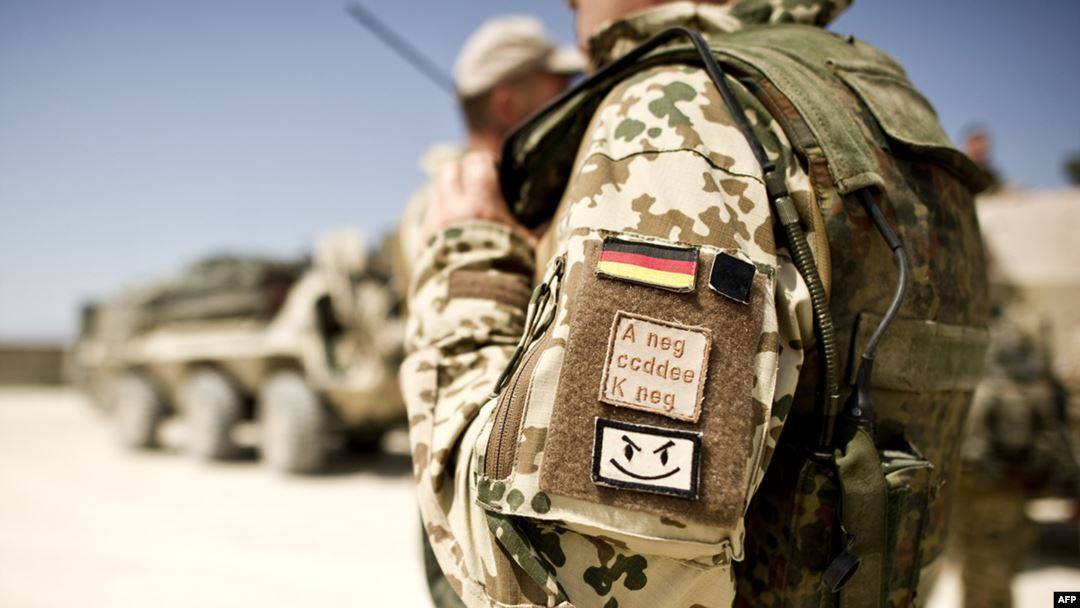Germany is reducing its military presence in the northern province of Kunduz that was planned by NATO’s mission in Kabul in late summer, Germany’s military said as quoted by Reuters.
The reduction is not a reaction to the United States’ announcement last week that it will cut US forces in Afghanistan to 2,500 from 4,500 by mid-January, a spokesman for Germany’s Joint Operations Command said quoted by Reuters.
Germany started to redeploy its around 100 troops from the camp in Kunduz, which is located inside a larger Afghan base, about a week ago, the German military spokesman said.
If military advisers were needed in Kunduz in future, German troops would be flown there from a large base in Mazar-e-Sharif, capital of northern Balkh province where around 1,000 German soldiers are stationed, he said.
With roughly 1,200 troops, Germany has deployed the second largest military contingent in Afghanistan after the United States.
German Defence Minister Annegret Kramp-Karrenbauer said earlier on Tuesday, Berlin expected to learn more details on the planned US withdrawal from Afghanistan in the coming days, he Reuters reported said.
“When the Americans specify over the coming days what troops they intend to pull out and which locations will be affected, we will see what short term effects the drawdown will have for our mission there,” she said.
On November 18, US acting Defense Secretary Christopher Miller said that US troop presence in Afghanistan and Iraq will be reduced to 2,500 in each country by mid-January.
Miller made the announcement in remarks to Pentagon reporters that highlighted the next step in what he called “President Trump’s plan to bring the wars in Afghanistan and Iraq to a successful and responsible conclusion and to bring our brave service members home.”
He said that President Donald Trump made the decision to draw down troops in both countries in consultation with his top national security officials and that it did not amount to a change in policy.
Before this, the NATO Secretary General Jens Stoltenberg said that “the price for leaving too soon or in an uncoordinated way could be very high,” referring to recent reports on Trump administration’s plan to reduce its presence in Afghanistan.













